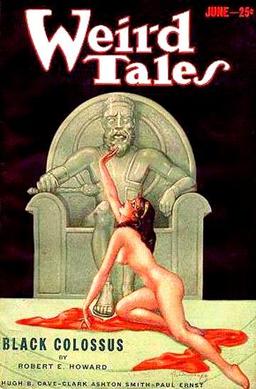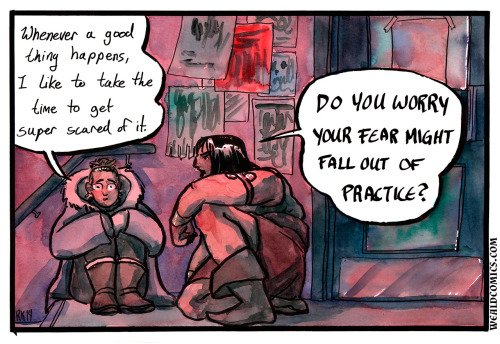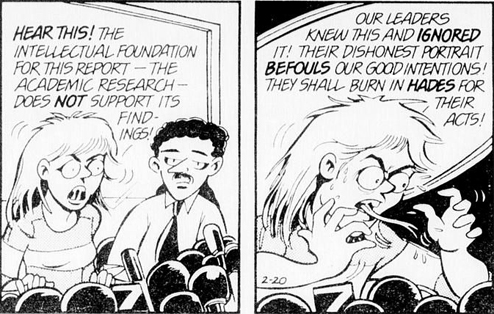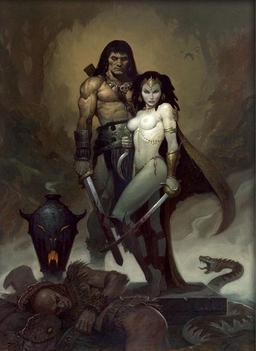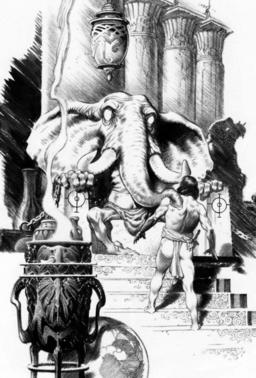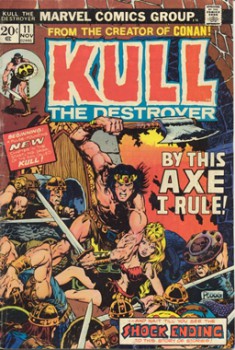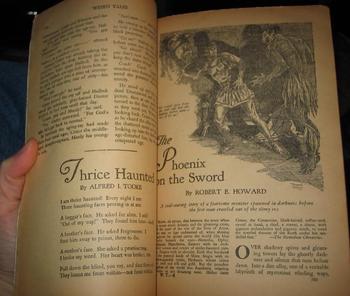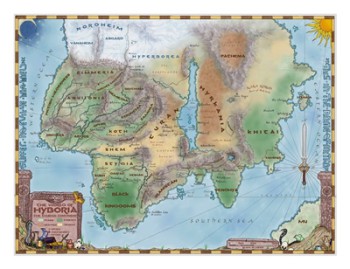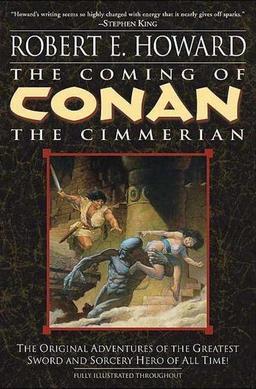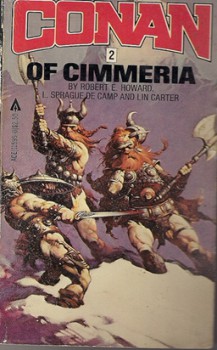Discovering Robert E. Howard: Morgan Holmes on Armies of the Hyborian Age: The Cimmerians
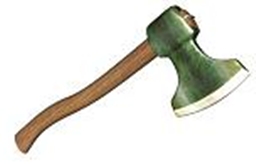 Because of REH’s broad diversity in writing, there are a multitude of areas to explore. And as you know from our ‘Discovering Robert Howard’ series, there are a lot of folks who write excellent stuff on so many different areas. Another example is today’s poster, Morgan Holmes. If you’re interested in what I think of as ‘military stuff and Conan,’ he’s writing what you want to read. Like this post!
Because of REH’s broad diversity in writing, there are a multitude of areas to explore. And as you know from our ‘Discovering Robert Howard’ series, there are a lot of folks who write excellent stuff on so many different areas. Another example is today’s poster, Morgan Holmes. If you’re interested in what I think of as ‘military stuff and Conan,’ he’s writing what you want to read. Like this post!
The Cimmerians are one of the great barbarian peoples of the Hyborian Age. They are also off stage in the Conan stories, though they figure prominently in “The Hyborian Age” essay. Putting together an idea how the Cimmerians fought and perhaps how they looked is a bit of detective work and some supposition.
Robert E. Howard’s Cimmerians are descendents of refugees from Atlantis. From the Kull stories, the Atlanteans are a vigorous, warlike people. In a death grip with the Picts after the Cataclysm, they sink to apedom and then work their way back to barbarism from a sub-savage bestial existence. Tall, dark-haired, with blue or gray eyes, you can see the same type in Ireland today.
Cimmeria itself is described in the first version of “Phoenix on the Sword:” “It is all of hills, heavily wooded, and the trees are strangely dusky, so that even by day all the land looks dark and menacing.”
There is mention of cold winds and snow. Cimmeria is a hard land that breeds a hard people. Natural selection has produced a tough people inured to hardship. Names of Cimmerians given are all Gaelic. The Irish and Highland Scots are the pure blooded descendents of the Cimmerians thousands of years later according to “The Hyborian Age.”
